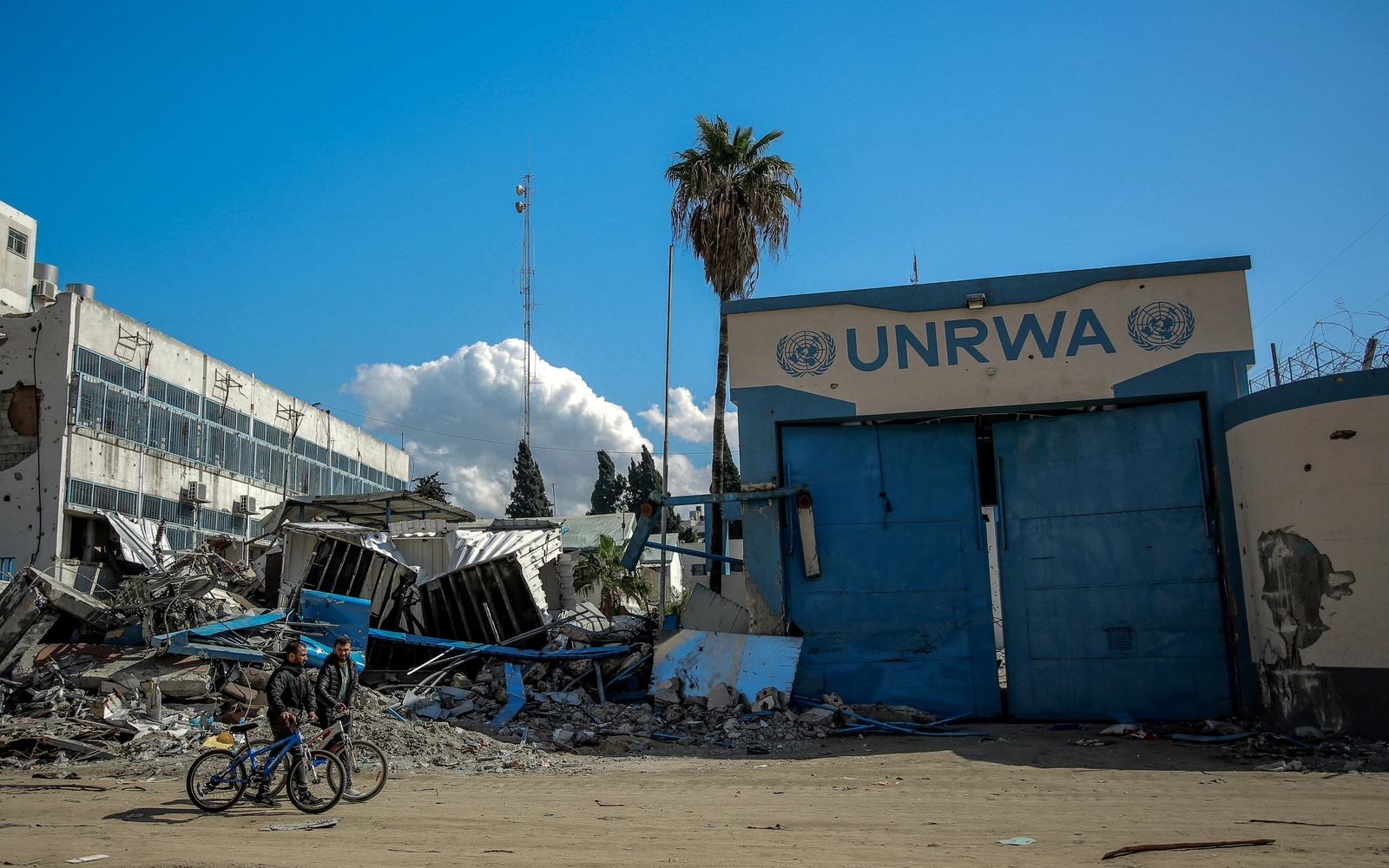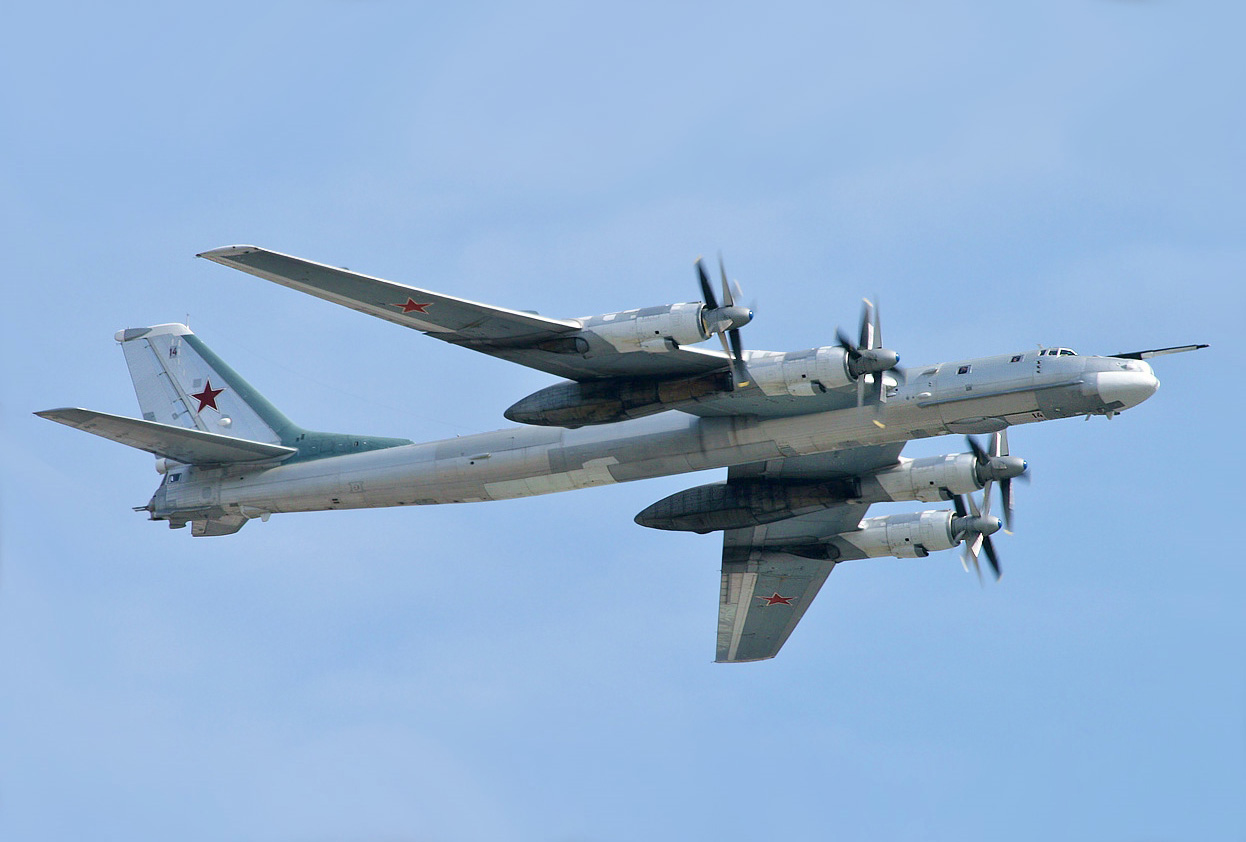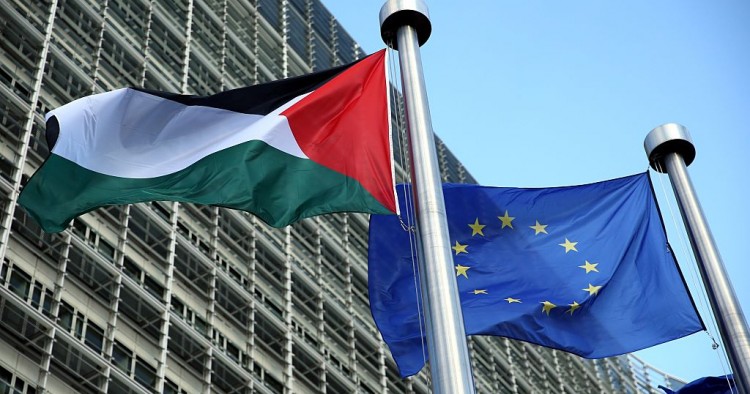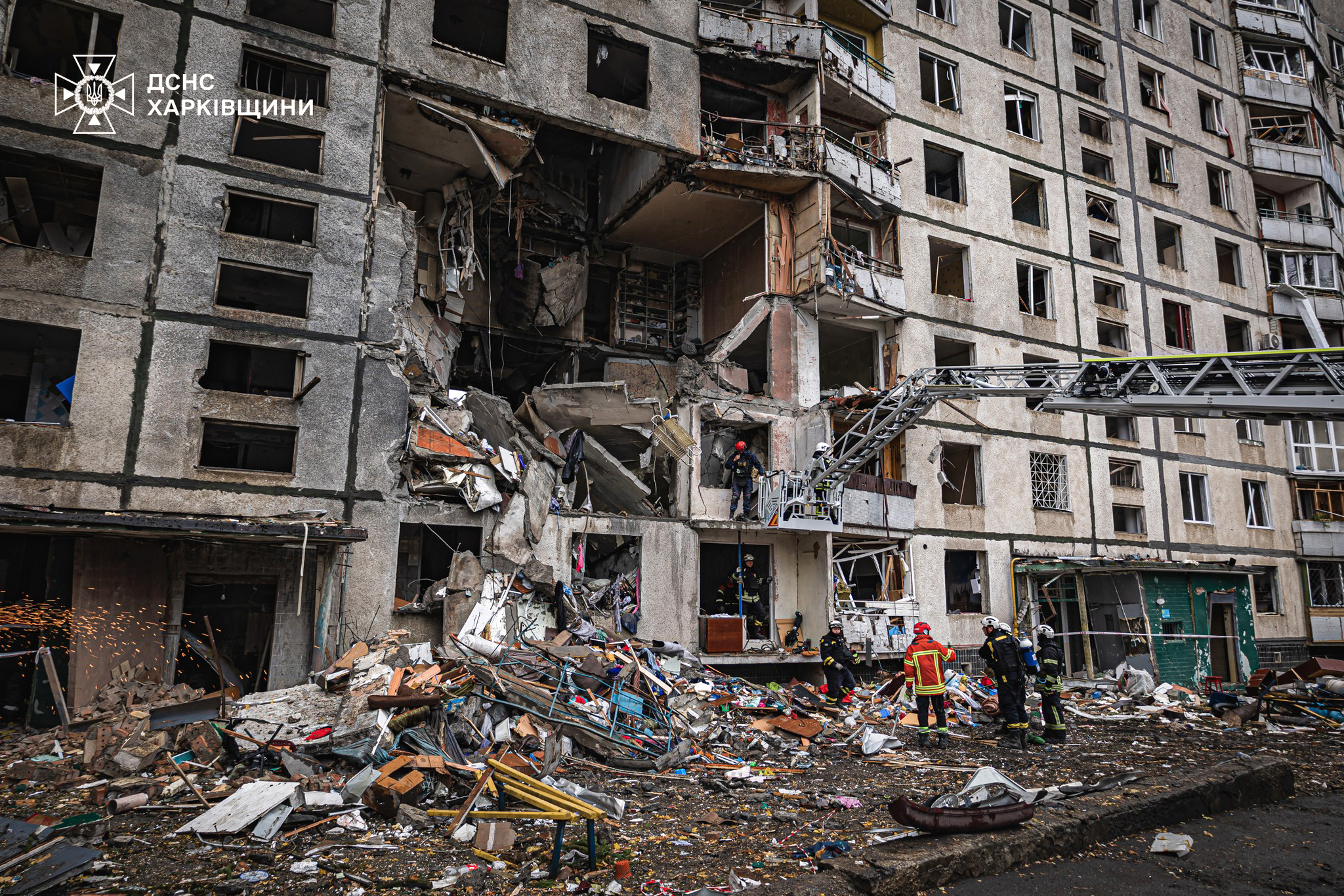Retired General Keith Kellogg, serving as a special envoy under President Trump, has proposed a ceasefire plan for Ukraine that would partition the country into zones of control, drawing direct comparison to the postwar division of Berlin. The plan would create an 18-mile-wide demilitarized buffer zone, possibly along the Dnipro River, with Western forces on one side and Russian forces maintaining control on the other.
British and French troops would form a “reassurance force” stationed west of the river, while Russia would retain its positions in the east. The United States, under Kellogg’s proposal, would not contribute ground forces. Kellogg has downplayed the comparison to Cold War-era Berlin as symbolic, yet the structure of the plan has alarmed officials in Kyiv and across Europe.
Ukrainian President Volodymyr Zelenskyy has not been formally included in these discussions and has insisted any peace arrangement must respect Ukraine’s sovereignty and territorial integrity. The proposal would leave Russian forces occupying large parts of the Donetsk, Luhansk, Zaporizhzhia, and Kherson regions—territories annexed by Moscow in 2022 but never internationally recognized.
Kellogg’s remarks follow similar statements from Trump’s other envoy, Steve Witkoff, who has backed a ceasefire that concedes those same four regions to Russia outright. Witkoff has no diplomatic experience and has reportedly coordinated directly with Kremlin-linked intermediaries.
European leaders have pushed back strongly. NATO Secretary General Mark Rutte said any agreement that excludes Ukraine or legitimizes occupation would be “unacceptable.” Germany and France have warned that a de facto partition could set a dangerous precedent for other conflict zones.
Despite the backlash, the Trump administration has continued to frame the proposal as “realistic.” Trump himself has said he could end the war “in 24 hours,” but has not detailed how. The current plan would put the burden of post-ceasefire stabilization on European troops, while the U.S. reduces its military commitment and refrains from offering air support.
As of now, over 40 countries have pledged a combined €21 billion in military support to Ukraine. The Trump plan risks undermining that momentum and forcing Ukraine into a settlement that critics say would reward aggression and fracture the country permanently.
Author
Discover more from The Crustian Daily
Subscribe to get the latest posts sent to your email.













